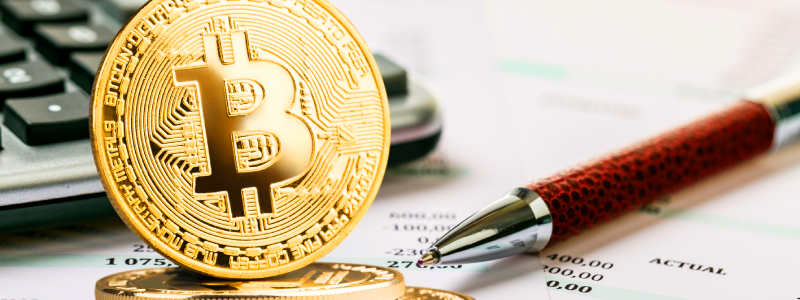The cryptocurrency market has exploded in value over the last decade, creating an entirely new asset class that has been leveraged by forward-leaning traders around the world to generate massive profits — but how are they managing their taxes? We explore in more detail.
Cryptocurrencies may be a powerful new asset class, but that doesn’t mean they are exempt from taxation. In this guide, we’ll break down the most effective tax efficiency strategies of the best traders.
Separate your HODL Portfolio from your Trading Portfolio.
- Most traders don’t trade all currencies equally. More often than not, some crypto is held for more extended periods of time to realise a significant cryptocurrency gain in a rising market. Frequent coins for an extended HODL are most alt-coins, particularly after an ICO.
- But where crypto activity classes someone as a trader then the ‘business of trading cryptocurrency” applies to all their activities. So no 50% CGT discounts on your long term capital gains where the currency is held over 12 months.
- A more sensible means of accessing the discount is to purchase your HODL portfolio instead through a family trust. Trusts are great for 3 reasons:
- ● Firstly, you are entitled to the same 50% CGT discount as individuals where the crypto asset is held for more than 12 months.
- ● Secondly, you can also distribute the taxable income of the trust across different adult family members as appropriate. Different family members may have less taxable income and therefore a lower tax rate. Most Australian tax residents would get access to the tax free threshold of $18,200 as well. It is important however that a trust resolution be made before 30 June to have the distributions made in the right manner.
- ● Thirdly, family trusts offer a degree of asset protection. Should you come under a lawsuit personally, a charge is less likely to be placed on the crypto assets held by your trust since these are not held by you.
Why Are Detailed Crypto Trading Records Essential?
Maintaining highly accurate records is the most important element of executing an effective cryptocurrency trading tax efficiency strategy. Regardless of whether a cryptocurrency investor or trader is generating income from staking, trading, or other crypto-related endeavors, accurate record keeping is critical as it allows for accurate valuation.
The data upon which cryptocurrency gains are received in a wallet address is used in the valuation process that calculates the market value of cryptocurrency gains in fiat currency.
Should a trader trade on a futures platform, for example, and generates 0.01 BTC in realised profit over a single day, the taxable income for that day is calculated at 0.01 x the specific market value of Bitcoin on the same day.
In the above example, if the price of Bitcoin on the day of trade was $5,000 AUD, the trader has generated an income of $50. The price of Bitcoin may dramatically increase six months later, doubling to $10,000, but the tax liability for tax assessment purposes of the income generated on that specific day does not double. For this reason, it’s essential to ensure that all trades are logged in chronological order to minimize tax liability.
Making that your Cost Base is Adequately Recognised to reduce your Trading Profit on Sale.
Keeping accurate records of all trades and cryptocurrency purchases ensures that cryptocurrency holdings are taxed accurately.
Choosing the right method to allocate your Cost Base
Don’t Forget your Deductions!
- training courses
- computer/laptop & gear
- office furniture
- associated electricity costs
- mining equipment
- portion of the rent (although recommend discussing the effects with a tax accountant first)
Thorough Tax Planning
- delaying the lodgement and payment of tax til May or whenever is the last day of lodgement
- bringing forward the tax return to get an early refund
On Changing Your Tax Residency
Was this article helpful?
Related Posts
- Cryptocurrency Mining Taxes
If you're currently mining crypto, it's important to learn how cryptocurrency mining is taxed. This…
- Tax Treatment of Cryptocurrency Exchanges in Australia
Crypto currency exchanges are critical to the crypto market ecosystem — but how are they…
- Cryptocurrency and GST
If you're into cryptocurrency, this guide will help you know how the Goods & Services…
- Crypto Tax for Holders, Traders and Hobbyists – The Basics
Cryptocurrency tax can be complicated — but it doesn’t have to be. We’ll proceed to…

















